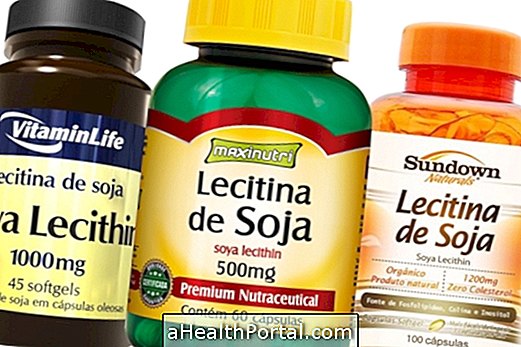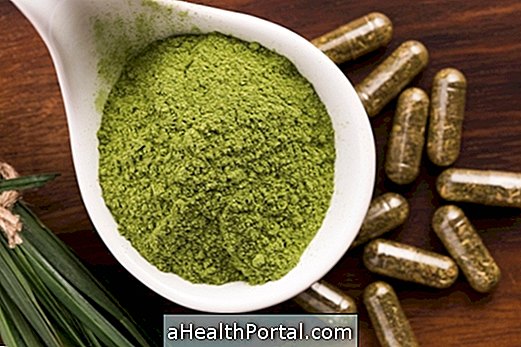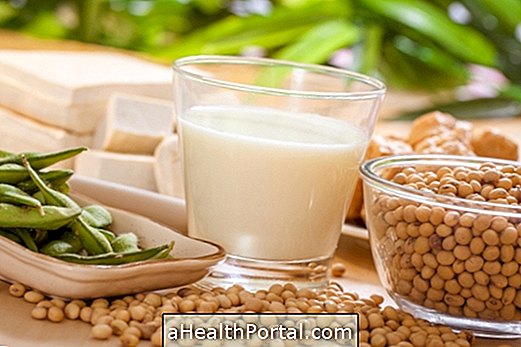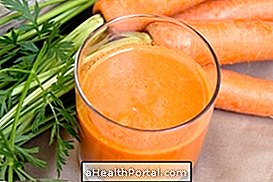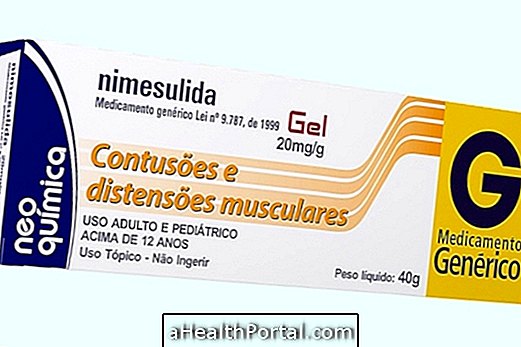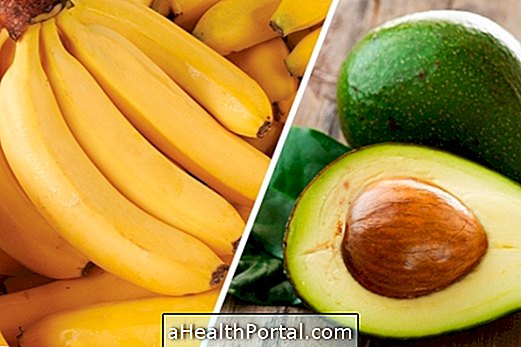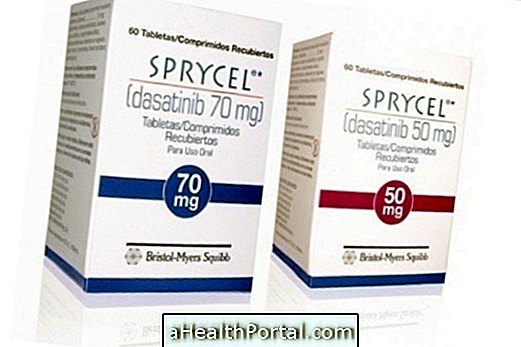Coconut milk can be made from the dry coconut pulp beaten with water, resulting in a drink rich in good fats and nutrients like potassium, calcium and magnesium. Or from the cream of the industrialized version.
It can be used as a substitute for cow's milk and added in recipes for cakes and cookies. Its main health benefits are:
- Improve cholesterol, oppose being rich in lauric acid, which increases good cholesterol;
- Provide energy as it is rich in medium chain fatty acids, fats that are quickly absorbed and used by the body;
- Strengthen the immune system because it contains lauric acid and capric acid, which have antibacterial and antifungal properties;
- Help control glycemia, because it is low in carbohydrate;
- Prevent cramps, being rich in potassium;
- Helping to lose weight, by increasing satiety and improving intestinal transit;
- Do not contain lactose and may be used by lactose intolerant.
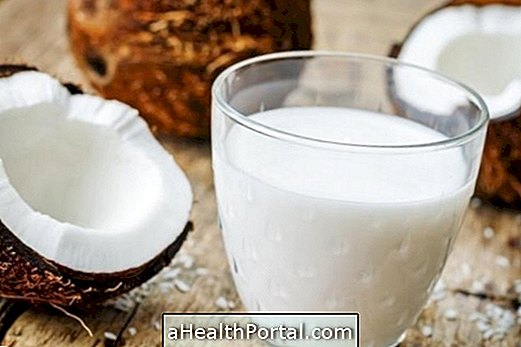
It is important to remember that homemade coconut milk, because it is less concentrated, contains fewer calories than the industrialized one.
How to Make Coconut Milk at Home
1. From Coconut Cream
Buy 1 can or glass of cream or industrialized coconut milk, add about 500 ml of water and mix well or beat in the blender until smooth. The result will already be coconut milk ready to be used.
The ideal is to choose industrialized coconut milk that does not contain sugar and which contains less chemical additives, such as thickeners, flavorings and artificial preservatives.
2. From the Dry Coconut

Ingredients:
- 1 dry coconut
- 700 ml hot water
Method of preparation:
Remove the water and put the dried coconut in the high oven for about 20 minutes as this helps the pulp to peel off the peel. Remove the coconut from the oven, wrap in a dish towel or towel and tap the coconut against the floor or wall to loosen the pulp. Cut the pulp into pieces and beat with 700 ml of hot water using the blender or processor. Strain everything through a fine sieve.
Nutritional information
The following table shows the nutritional information for 100 g of concentrated and ready-to-drink industrialized coconut milk:
| Nutrients | Coconut Milk Concentrate | Coconut milk Ready to drink |
| Energy | 166 kcal | 67 kcal |
| Carbohydrate | 2.2 g | 1 g |
| Protein | 1 g | 0.8 g |
| Fats | 18.3 g | 6.6 g |
| Fibers | 0.7 g | 1.6 g |
| Iron | 0.46 mg | - |
| Potassium | 143 mg | 70 mg |
| Zinc | 0.3 mg | - |
| Magnesium | 16.8 mg | - |
It is important to remember that in order to lose weight, you should consume homemade coconut milk or ready to drink because it contains fewer calories. In addition, excessive consumption of concentrated coconut milk can cause intestinal malaise and diarrhea.
How to Use and Contraindications
Coconut milk can be consumed in the same way as cow's milk, and can be used pure or in preparations such as coffee with milk, vitamins, cakes, biscuits and pies. There is not an ideal amount to be consumed, but those who want to lose weight should consume only 1 or 2 glasses per day.
In addition, it is important to remember that coconut milk does not replace breast milk and may not be suitable for children, adolescents, and the elderly, and should consult a physician or nutritionist for permission and use guidance.
